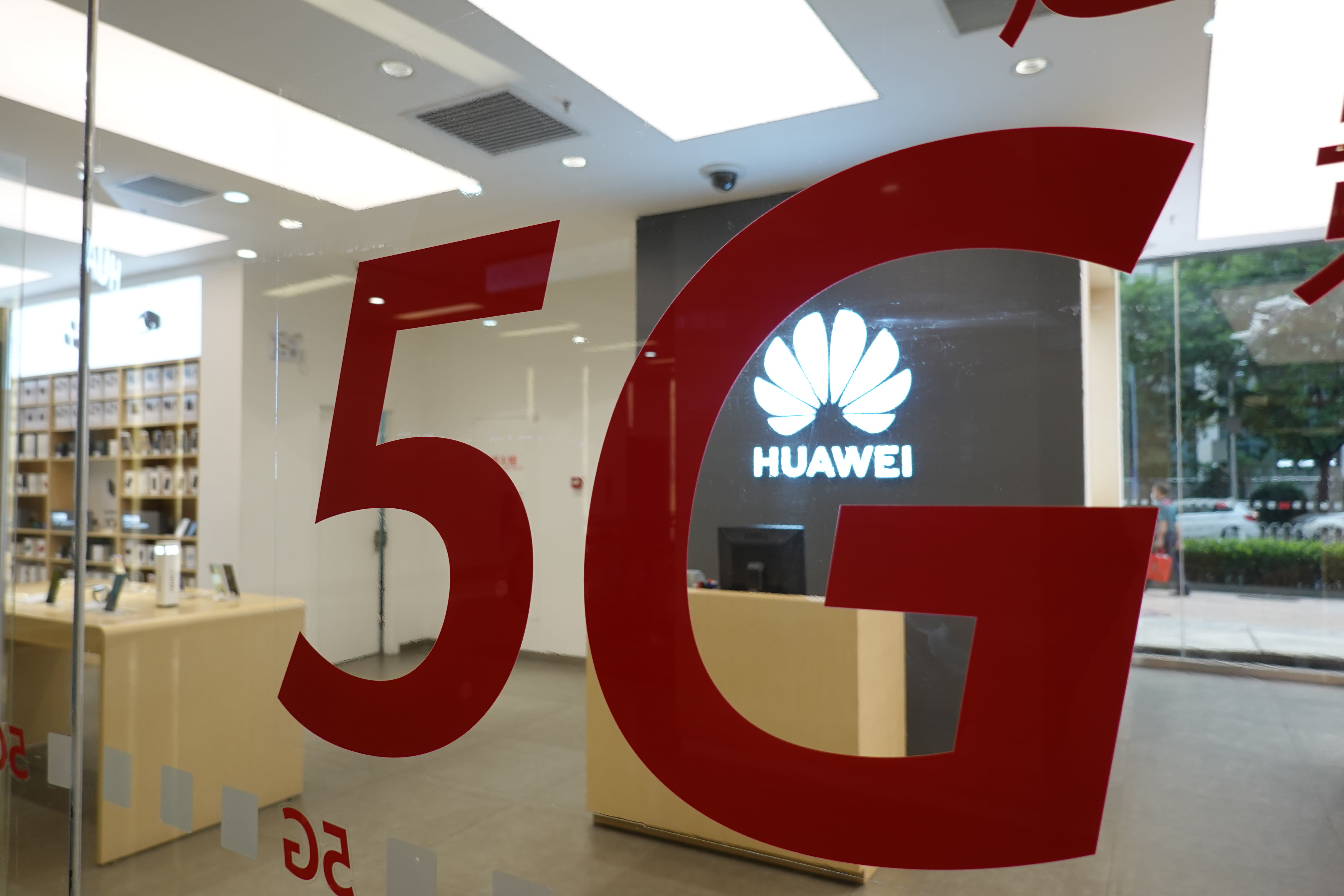
A logo of 5G is seen at a Huawei authorised experience store on May 29, 2020 in Beijing, China.
Qin Luyao | VCG | Getty Images
GUANGZHOU, China — Washington has stepped up its offensive against Huawei, offering financing to Brazil to get the Chinese telco effectively blocked from the nation’s next-generation 5G networks.
During a trip to Brasilia on Tuesday, officials from the Export-Import Bank of the United States (EXIM) and U.S. government signed a memorandum of understanding to “identify potential opportunities” for financing up to $1 billion.
These include energy and “especially in the telecommunications area and the important 5G,” according to a statement by U.S. national security advisor Robert O’Brien.
U.S. officials told reporters at the signing that the money was available for Brazil to buy telecommunications equipment from Huawei’s rivals, according to Reuters.
Huawei was not immediately available for comment when contacted by CNBC.
Washington has maintained that Huawei represents a national security threat and has previously called it an arm of the Chinese Communist Party’s surveillance state. The government claims that Huawei could collect the data of citizens in other countries and give that to Beijing. Huawei has repeatedly denied those claims.
But the U.S. has sought to persuade countries across the world, particularly close allies, to block Huawei from next-generation 5G networks. The technology promises super-fast data speeds and high bandwidth that can underpin critical infrastructure.
Countries such as Australia and Japan have essentially blocked Huawei from their 5G infrastructure. Earlier this year, the U.K. said Huawei would be banned from its 5G networks and ordered mobile carriers to strip out any existing gear from the Chinese telco by 2027. On Tuesday, Sweden became the latest country to exclude Huawei from 5G.
Being kept out of Brazil would be another big blow for Huawei given the the large size of the market.
On top of that, Huawei is trying to navigate headwinds created by U.S. sanctions, which threaten to cut the Chinese giant off from key technology and components like semiconductors.





































